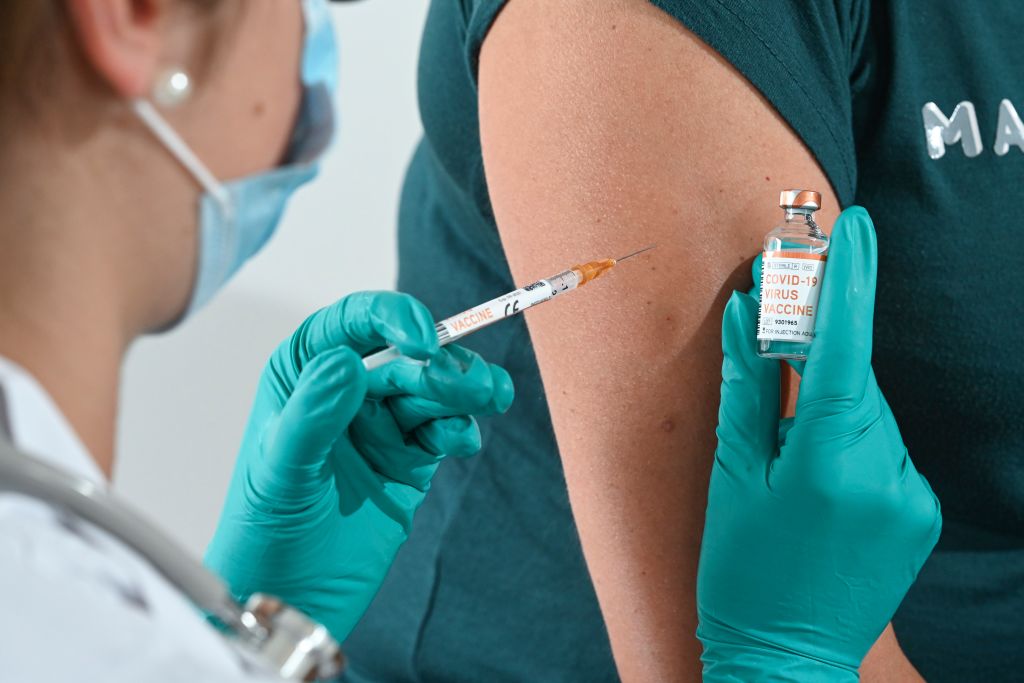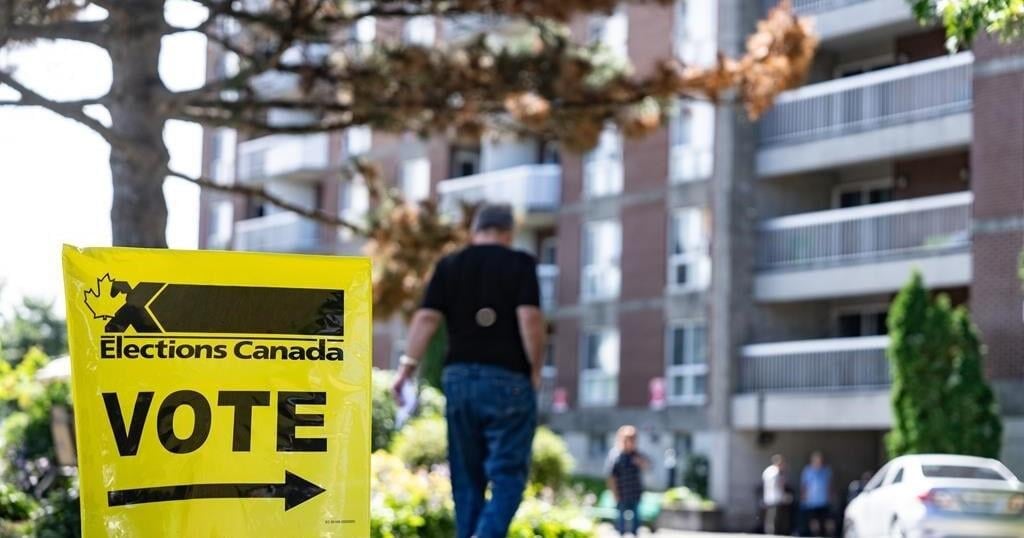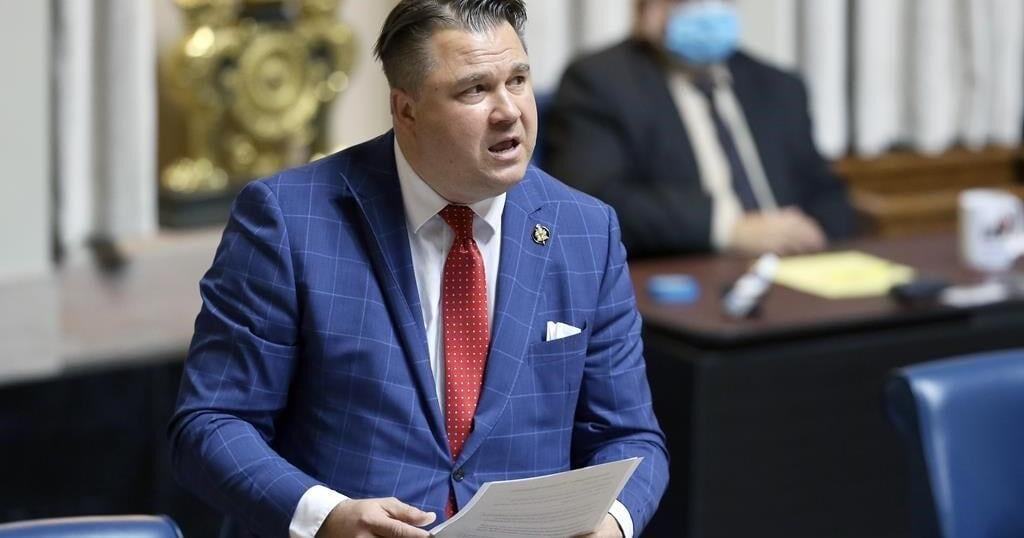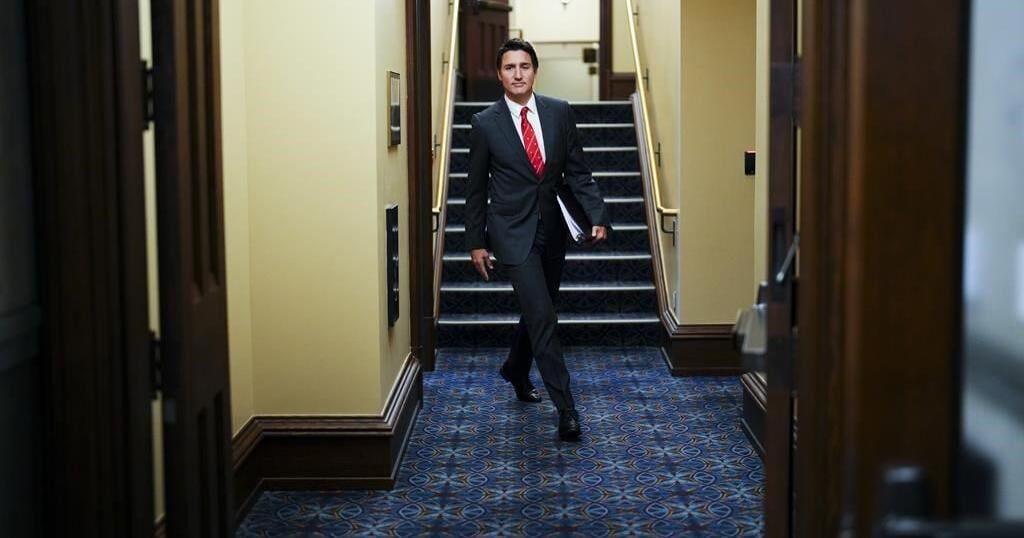The NDP has a slight early lead in Winnipeg while remaining in a three-way race with the Liberals and the Bloc Québécois in Montreal as ballots continue to be counted in two crucial federal byelections.
Laura Palestini, the Liberal candidate in the party’s Montreal stronghold of LaSalle—Émard—Verdun, gave a speech thanking her volunteers just a little over an hour after the polls closed and early results showed her trailing in third spot.
The NDP are so far also holding on to their own seat in the Winnipeg riding of Elmwood — Transcona. The first 7,210 ballots reported by Elections Canada show 48.1per cent of votes have gone to the NDP and 43.8 per cent to the Conservatives, with the vast majority of votes yet to be counted.
While byelections aren’t usually credited with much significance on Parliament Hill, the votes in Winnipeg and Montreal are being treated as bellwethers of the political shifts happening in Canada.
The Elmwood — Transcona seat has been vacant since the NDP’s Daniel Blaikie left federal politics.
The New Democrats are hoping to hold onto the riding and polls suggest the Conservatives are in the running.
LaSalle—Émard—Verdun opened up when former justice minister David Lametti left politics.
Polls suggested the race was tight between the Liberal candidate and the Bloc Québécois, but the NDP were hopeful it could win.
Palestini thanked her volunteers as the results rolled in Monday night.
“Thanks to your efforts, our message resonated,” she said in French at a Liberal gathering in Dilallo Burger, a Ville-Émard institution dating back to 1929.
“Perhaps tomorrow morning, early, we will hear what the people of LaSalle—Émard—Verdun want as their member of parliament.”
She departed shortly after.
Meanwhile at the NDP headquarters, cries of joy erupted as the first poll results were showed.
Montrealer Graham Juneau said that despite all the campaigning, he and many of his friends are “relatively disengaged.”
He opted to vote for no one, to make a point about “a lack of confidence in the political establishment in Canada.”
“At least amongst my peers, there hasn’t been a groundswell of enthusiasm for any of the particular parties,” he said.
Liberal ministers have visited the area several times as the party worked hard to keep the riding it has held for decades.
Ahead of the results, Liam Olsen, a volunteer with the Young Liberals of Canada, said he was feeling optimistic.
He had travelled to Montreal from Ottawa to knock on doors on byelection day.
“It’s going to be a close one,” he said.
“Unpredictable things can happen. But definitely good vibes at the doors today.”
Outside the headquarters of the Bloc Québécois in Verdun, volunteer Sarah Plante, 21, said she was feeling similarly confident.
A Bloc victory in Montreal would prove that the Bloc has a place in Montreal and would send a “strong message” to the federal government that the party represents the interests of all Quebecers, she said.
The stakes are particularly high for Prime Minister Justin Trudeau, who faced calls for his resignation last June when the Conservatives took over a Liberal stronghold seat in a Toronto byelection.
The loss sent shock waves through the governing party, as the Liberals were faced with the stark reality of their plummeting poll numbers.
C.B. Singh, an 85-year-old Montrealer who has been volunteering for the Liberals since Pierre Elliott Trudeau was prime minister, said he still supports Justin Trudeau.
“I know his father, so I’m for him,” he said. “He is still popular among the immigrants.”
Some strategists have suggested that Jagmeet Singh’s leadership could come under similar scrutiny if the NDP fails to hold onto the Winnipeg seat.
As early results rolled in there were cheers from supporters in the NDP camp in Winnipeg.
Singh took a political gamble on signing a pact with Trudeau in 2022 to prevent an early election in exchange for progress on NDP priorities.
While that deal has yielded a national dental care program, legislation to ban replacement workers and a bill that would underpin a future pharmacare program, the results haven’t translated to gains in the polls.
Singh pulled out of that deal just weeks ago in a bid to distance his party from the Liberals and try to make the next election a two-way race between himself and Conservative Leader Pierre Poilievre.
The Conservatives have made an aggressive play for the riding by appealing to traditional NDP voters on issues related to labour and affordability.
“Jagmeet Singh and Justin Trudeau are the same person,” Poilievre said in a social media video posted Sunday ahead of Monday’s vote.
A vote for the Conservative candidate in Elmwood — Transcona is a vote to “fire Justin Trudeau and axe the tax,” he said.
Elections Canada warned on social media Monday evening that the results in the Montreal riding could take longer than usual to be counted because of the record number of candidates.
There are 91 names on the ballot, making it the longest list in the history of federal elections. Most are affiliated with a group protesting Canada’s first-past-the-post voting system.
“Results will be available tonight or early tomorrow. Thank you for your patience,” Elections Canada said on X Monday.
This report by The Canadian Press was first published Sept. 16, 2024.


























